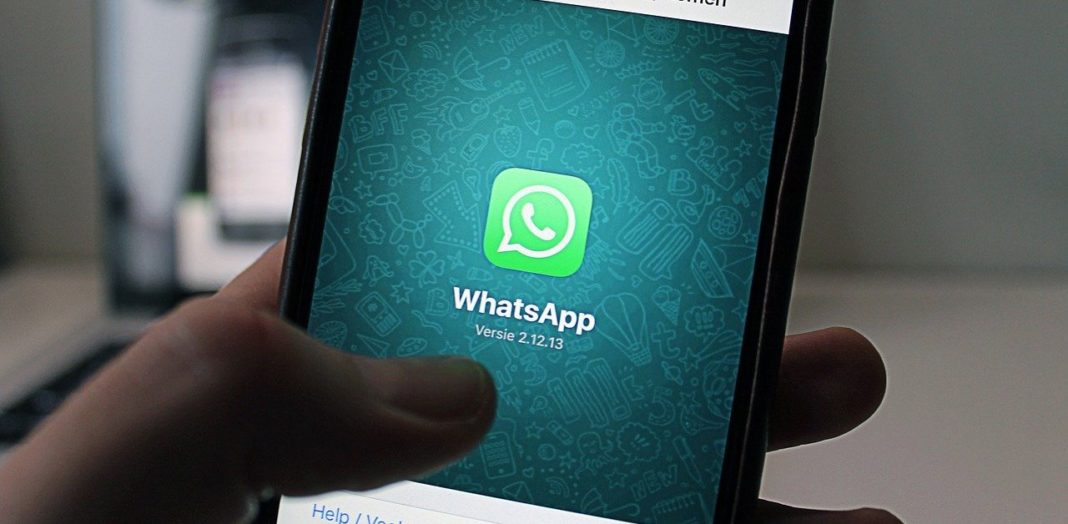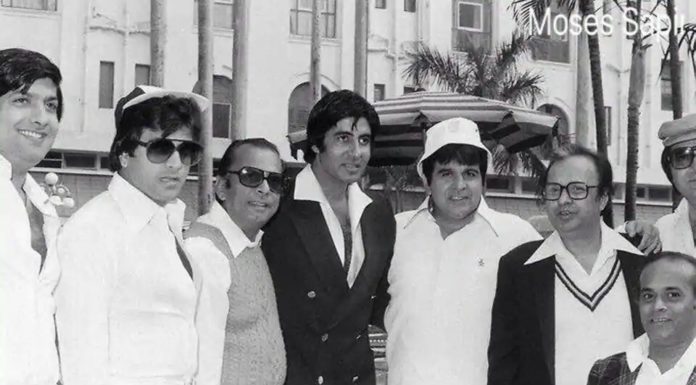WhatsApp has launched its digital payments service in Brazil as the messaging app capitalises on its popularity in emerging markets.
The move comes as parent company Facebook pushes ahead with plans to bring more e-commerce to its platforms.
WhatsApp Pay allows users to send money to one another for free or make purchases from small businesses.
In January, chief executive Mark Zuckerberg outlined plans to offer the service in India, Indonesia and Mexico.
On its blog WhatsApp highlighted that the launch was part of a wider digital payment strategy across all of Facebook’s platforms.
“Because payments on WhatsApp are enabled by Facebook Pay, in the future we want to make it possible for people and businesses to use the same card information across Facebook’s family of apps.”
While person-to-person payments will be free small businesses will have to pay a “processing fee to receive customer payments,” the blog stated.
WhatsApp has 120m users in Brazil, making the country its second-largest market after India.
The company has already been trialling the payment service in India, where it has 400m users.
However, the firm’s efforts to launch WhatsApp Pay in India have been held up for two years by regulators.
In April, Facebook announced that it had bought a 10% stake in Indian telecoms group Reliance Jio for $5.7bn (£4.5bn).
That deal gives Facebook a powerful ally in Reliance Jio’s chairman Mukesh Ambani, who is Asia’s richest man.
The two companies plan to focus on a partnership with Jio’s newly-launched e-commerce platform JioMart.
Last month Facebook invested an undisclosed amount in Indonesia-based ride-hailing app Gojek.
The firms will use the tie-up to expand Gojek’s digital payments service GoPay.
Facebook bought WhatsApp for about $20bn in 2014. In February the messaging service said it had more than 2 billion users around the world.













![Hotstar Premium Cookies 2019 [*100% Working & Daily Updated*] Hotstar Premium Cookies 2019 [*100% Working & Daily Updated*]](https://tahav.com/wp-content/uploads/2019/11/Hotstar-Premium-Cookies-Free-100x70.jpg)


